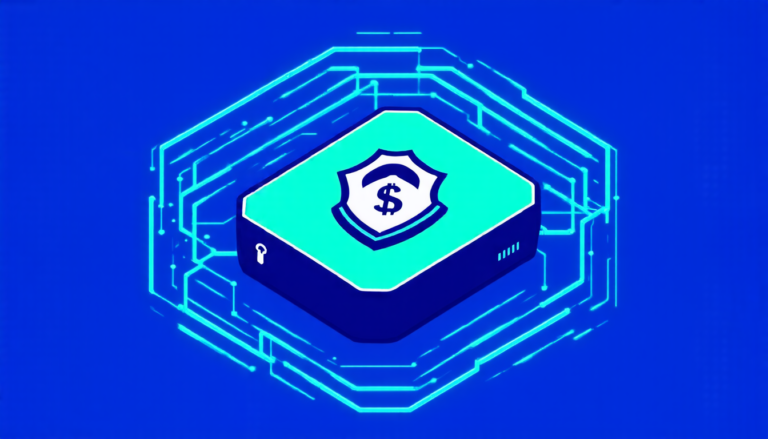Wednesday 09 April 2025
As the maritime industry continues to grow, concerns about environmental pollution and compliance with regulations are becoming increasingly important. The International Convention for the Prevention of Pollution from Ships (MARPOL) is a major effort to reduce pollution from ships, but ensuring compliance can be a challenge.
A new approach uses blockchain technology to monitor and enforce environmental regulations in real-time. This system integrates Internet of Things (IoT) sensors on ships with a blockchain-based platform to track and verify compliance data. The benefits are numerous: real-time monitoring reduces the risk of tampering or data fabrication, while smart contracts automate verification procedures, reducing the need for labor-intensive inspections.
The system is designed to be decentralized, meaning no single entity controls the data, making it more secure and transparent. This architecture also enables multi-party collaboration among stakeholders with potentially competing interests, a major advantage in the global maritime industry.
One of the key advantages of this approach is its ability to address common challenges in compliance monitoring. For example, tampering with data or retroactively altering records can compromise the integrity of the system. The blockchain-based platform uses cryptographic hashing and immutability to detect and prevent these types of attacks.
Another significant benefit is the reduction in manual inspections and paperwork. Smart contracts automate verification procedures, freeing up resources for more important tasks. Additionally, the transparency provided by the blockchain ensures that all stakeholders can access and verify compliance data, reducing the risk of disputes or non-compliance.
The system has been tested in a proof-of-concept study using Polygon PoS, a robust consensus mechanism designed to reduce the risk of 51% attacks. The results demonstrate the effectiveness and efficiency of the approach, with real-time monitoring and automated verification procedures improving compliance rates.
As the maritime industry continues to evolve, ensuring environmental compliance will only become more important. This innovative approach using blockchain technology offers a promising solution for addressing these challenges. By leveraging the power of decentralized networks and smart contracts, the risk of non-compliance can be significantly reduced, while also providing increased transparency and accountability.
Cite this article: “Blockchain Technology Enhances Maritime Environmental Compliance: A Novel Framework for Real-Time Monitoring”, The Science Archive, 2025.
Maritime, Blockchain, Environmental, Pollution, Compliance, Regulations, Iot, Sensors, Smart Contracts, Transparency







